Mastering Financial Health: Unveiling the Vital Aspects of a Credit Controller’s Role
Mastering Financial Health: Unveiling the Vital Aspects of a Credit Controller’s Role
Important Aspects of the Credit Controller Role
In the intricate world of financial management, the role of a Credit Controller is crucial in maintaining the delicate balance between revenue generation and risk mitigation. Here, we delve into specific aspects that define the essence of the Credit Controller's responsibilities, emphasizing the need for targeted Key Performance Indicators (KPIs) to measure and enhance performance.
1. Transactional Processes and Reporting:
- Objective: Ensuring the speed, accuracy, and efficiency of financial transactions.
- Implementing KPIs to measure the time taken for transactional processes.
- Monitoring the accuracy of financial reporting to provide real-time insights.
2. Historical Sales Understanding:
- Objective: Gaining insights into historical sales for informed credit decisions.
- Developing KPIs to assess the Credit Controller's understanding of past sales patterns.
- Utilizing historical data to enhance credit risk assessment and decision-making.
3. Revenue Growth and Market Drivers:
- Objective: Driving revenue growth through a deep understanding of market drivers.
- Establishing KPIs to measure contributions to revenue growth.
- Monitoring market trends and adjusting credit strategies accordingly.
4. Change Implementation and Project Management:
- Objective: Successfully implementing change projects within budget, time, and scope.
- Developing KPIs to evaluate the effectiveness of change initiatives.
- Ensuring seamless project execution to minimize disruptions.
5. Governance, Risk, and Social Responsibility:
- Objective: Upholding good governance practices, managing risk, and embracing social responsibility.
- Establishing KPIs to assess compliance with governance standards.
- Monitoring risk management strategies and social responsibility initiatives.
In summary, the Credit Controller's role extends beyond financial transactions; it involves strategic decision making, risk management, and a deep understanding of market dynamics. Tailoring KPIs to these specific aspects ensures a holistic evaluation of the Credit Controller's performance, contributing to the overall financial health of the organization.
Here are some suggested Key Performance Indicators
- # Debtors Days
- # Audit Score Rating
- % Debtors over X Days
- % Debtors over Credit Limit
- % Variance to Expense Budget (Credit Controller Dept.)
- % Internal Survey Score (Quality Questions) (Credit Controller Processes)
- % Internal Survey Score (Cost of Service Questions) (Credit Controller Dept.)
- % Internal Survey Score (Delivery Questions) (Credit Controller Processes)
- % Credit Department SG&A to Revenue
- % Debtors over Terms
- % Debtors over Contracted Terms
- % Debtors over Total Book
- % of Bad Debts on Total Book
- % Debtors over Credit Limit
- % Debtors over Terms
- % of Clients with Acceptable Credit Ratings
- % of Clients with Conditions Waived
- % Departmental Suppliers Paid by Due Date
- % Completed Projects with ROI (Credit Controller)
- % Project Milestones on Time (Credit Controller Initiatives)
- % Projects on Time (Credit Controller Initiatives)
- % Projects on Time, Scope & Budget (Credit Controller Initiatives)
- % Projects within Budget (Credit Controller Initiatives)
- % Projects within Scope (Credit Controller Initiatives)
- % Overhead Forecast Accuracy - 1 mth
- % Planning Deadlines Achieved (Credit Controller Dept.)
- % Adherence to Process (Credit Controller Processes)
- % Compliance with System Controls (Credit Controller Processes)
- % Policies & Processes Up to Date (Credit Controller Processes)
- % Processes Automated / Systemized (Credit Controller Processes)
- % Processes Published to Staff (Credit Controller Processes)
- % Risks with Valid Mitigations (Credit Controller Dept.)
- % Voluntary Terminations (Credit Controller Staff)
- % Employee Satisfaction Score (Credit Controller Staff)
- % Key-Staff Retention (Credit Controller Staff)
- % Staff Turnover (Credit Controller Dept.)
- % Staff Turnover of Top Performing Staff (Credit Controller Staff)
- % Personal Capability/Training Achieved
- % Skills Gap (Credit Controller Dept.)
- % Staff Capability/Training Achieved (Credit Controller Staff)
- % Agreed Succession Plans Implemented (Credit Controller Dept.)
- % Master Data Accuracy (Customers)
- % Master Data Accuracy (Supplier Contracts)
- % Automated Reporting from Accounting System
- % KPIs Benchmarked (Credit Controller Dept.)
- % Personal Development Plans Completed
- % Reportees Capability/Training Achieved (Credit Controller Staff)
- % Reportees KPIs Achieved (Credit Controller Staff)
- % Reportees Personal Development Plans Completed (Credit Controller Staff)
- % Reportees Personal Objectives Achieved (Credit Controller Staff)
- % Training Plan Adherence (Credit Controller Staff)
- % Employment Equity (South Africa) (Credit Controller Dept.)
- % Affirmative Procurement Spend (South Africa) (Credit Controller Dept.)
- % Strategic Risks Mitigated (Credit Controller Dept.)
- % Audit Findings Resolved by Deadline
- % Compliance to BOPs
- % Personal Tasks Overdue
- $ Value of Debtors over Contracted Terms
Feel free to sign up for the KPI spreadsheet to access these and additional KPIs in a structured format that offers better context.
Watch the video below to see what you will get and how to use the KPI spreadsheet to take the guesswork out of KPIs


